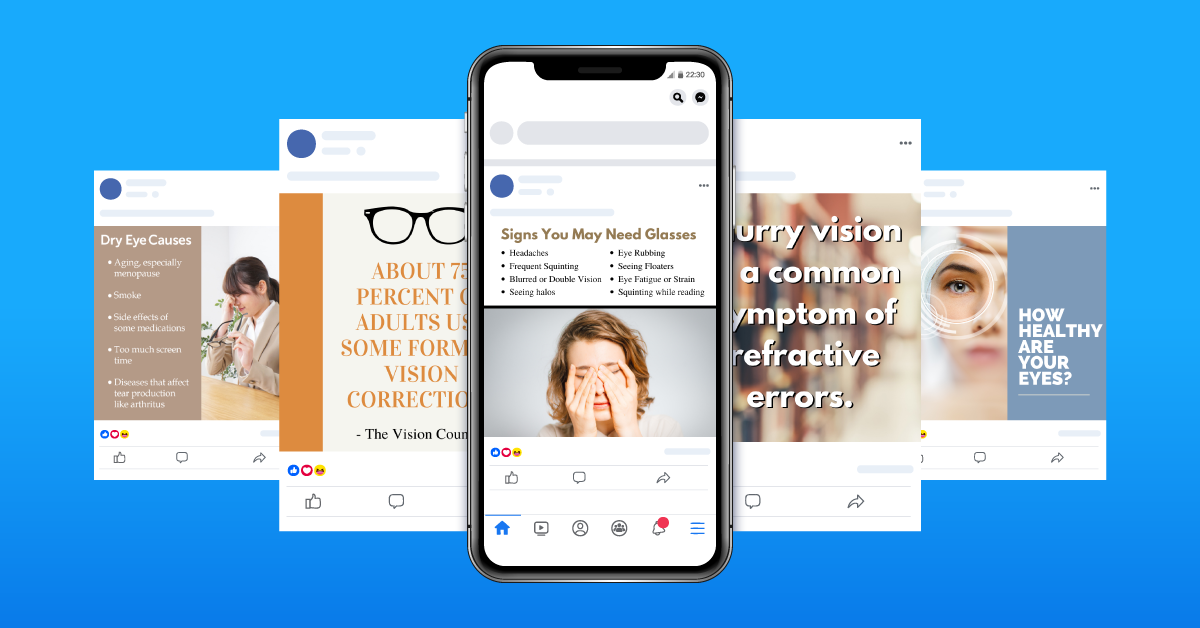What You Need to Know About Facebook’s New White Paper for Online Content Regulation
What other platforms allow your business to reach over 2 billion monthly active users and provide economic growth to approximately 140 million businesses?
Facebook has become an important component of any online business. The social network allows your business to engage with your clients, receive reviews and attract new business and most importantly post content. After all, content is king and that is why Facebook has recently published a second white paper titled ‘Charting a Way Forward: Online Content Regulation’. The paper aims to address the next steps in regulating web content.

CEO Mark Zuckerberg had already voiced his concerns for privacy and data portability last year, but this white paper encompasses tangible guidelines for content moderation and how it can be executed.
Last month vice president of content policy, Monika Bickert, introduced the 22-page-long document in a newsroom, urging for government regulators around the world to implement these guidelines.

Facebook’s white paper focuses on four key questions to spark further conversations about the online content debate.
Here are the four key questions:
- How can content regulation best achieve the goal of reducing harmful speech while preserving free expression?
- How should regulation enhance the accountability of internet platforms to the public?
- Should regulation require internet companies to meet certain performance targets?
- Should regulation define which “harmful content” should be prohibited on internet platforms?
How will Facebook’s white paper affect your content marketing?
It’s fair to say that Facebook’s white paper isn’t an easy read. So let’s jump into further detail and break down what these questions mean for your online content!
Question 1: Regulating Content to Reduce Harmful Speech
As you post blogs, videos, images, and even ads on Facebook for your business, you are providing valuable content and using content marketing in an effective way to build your reputation and credibility online.
Learn More: The Beginner’s Guide to Running Facebook Ads
Be sure to always check your ads and tone on social media when posting content on Facebook. Facebook’s white paper urges to stop the spread of false information on advertising and inappropriate content.
Question one calls for user-friendly systems for reporting content where users like yourself can flag content that seems to be harmful. Although this is already in place, Facebook’s white paper is asking other tech giants to follow these same guidelines, while protecting freedom of expression. However, the white paper also noted some forms of speech should be prohibited online even if they do not violate any laws.

Question 2: Increase the Accountability of Internet Platforms to the Public
Some internet companies often face questions from users asking, “Why did you remove my post and who decides your content standards?”
This question targets big tech companies like Google, Amazon, Microsoft, and Apple. Facebook’s white paper suggests that tech companies publish all content standards. This will notify your business of any updated content restrictions. Along with this, the white paper calls for users like yourself to provide their own input on content standards too.
Question 3: Require Internet Companies to Meet Certain Performance Targets
Sometimes you catch yourself scrolling through social media and seeing a post that has a negative effect on you.
This approach requires internet companies to be held accountable and to meet specific targets for content moderation. In other words, governments should ask telecom and social media industries to publish annual data on the content that disobeys their policies below an agreed-upon threshold.
Here’s what the report should hold:
- Deadlines for removal within 24 hours of upload
- Transparency reports – the number of posts taken down and the amount of harmful content
- Response time to the user or government reports of violating hate speech in content
If these companies are unable to provide this report then there may be large fines. Facebook’s white paper stressed the importance of having tech giants and regulators accountable for enforcing standards on harmful content.

Question 4: Define which “harmful content” should be prohibited on internet platforms?
This sounds like a tricky question because what may seem harmful to one, may not be harmful to another. Many governments already have systems in place that alert platforms when illegal speech is exposed.
Facebook’s white paper is asking for governments around the world to create laws strictly for content moderation. As of now, laws restricting speech are created by law enforcement officials and the courts, but content moderation is a little different.
Therefore, the white paper dives into further detail on defining hate speech and what laws should be in place to further regulate the internet.

What are your thoughts on Facebook’s white paper?
When it comes to online content, a lot of things evolve! Facebook’s white paper hopes to make a change and spark conversation with regulators around the world.
For now, continue uploading content that is relevant and helpful to your patients or clients and make sure your ads and tone on social media do not violate any content standards or harmful speech. If you come across false information on advertising or inappropriate content, be sure to report it.
Have more questions about content marketing? We can help!
Give us a call at 800.792.8384 or click here to schedule a consultation to talk about your marketing goals so we can create a custom strategy for your practice.



